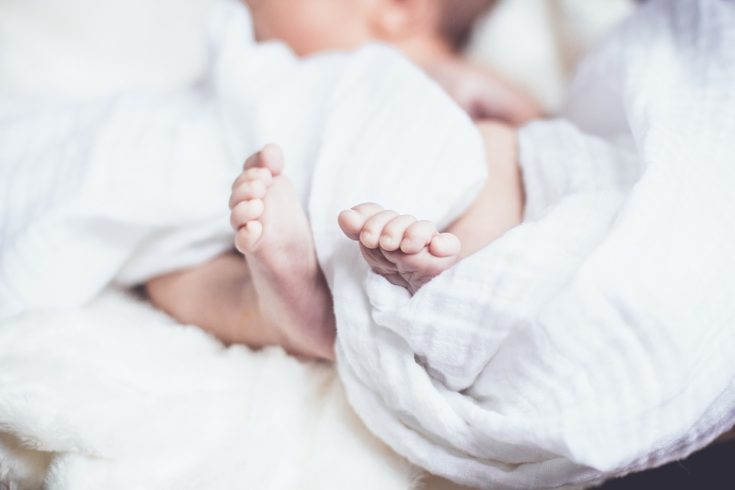Disclosure: This post may contain affiliate links, meaning we get a commission if you decide to make a purchase through our links, at no cost to you. Please read our disclosure for more info.
premature babies need special care.
In This Post:
1. Take Care of Your Own Hygiene
2. Clean Your Baby’s Toys Regularly
how to thoroughly clean your baby’s toys
3. Pay Special Attention to Areas Where Food Is Made
life at home with your premature baby


